Why Is It Essential to Review and Update Your Internal Policies Now?
Amid ongoing tax reforms and heightened scrutiny from the Federal Tax Service (FTS), many businesses face the urgent need to reassess their local regulatory documents (LRDs). Non-compliant or missing policies may result in penalties, tax reassessments, or even frozen bank accounts.
Key considerations include:
Important: LRDs are not just a formality—they serve as a critical safeguard for your business. Properly drafted policies help:
Which Internal Policies Does Your Company Need?
Depending on your business specifics, the following documents may be required:
Outdated or non-compliant policies increase exposure to tax audit risks.
How We Can Assist
Acsour offers comprehensive audit and LRD alignment services to ensure full legal compliance:
Policy audit – Identifying gaps and potential risks.
Drafting new or updating existing LRDs – Aligning with the latest Tax Code amendments.
Tax optimization advisory – Incorporating favorable terms into accounting policies.
Audit support – Strengthening the legal defensibility of your documentation.
Submit a request today—protect your business now!
Don’t wait for LRD discrepancies to trigger penalties or tax disputes. Acsour will conduct a thorough review, prepare compliant documentation, and help mitigate risks proactively.
Amid ongoing tax reforms and heightened scrutiny from the Federal Tax Service (FTS), many businesses face the urgent need to reassess their local regulatory documents (LRDs). Non-compliant or missing policies may result in penalties, tax reassessments, or even frozen bank accounts.
Key considerations include:
- Corporate income tax rates – Starting in 2024, certain companies may qualify for reduced rates, but this must be properly reflected in their accounting policies.
- R&D expense recognition – New regulations require detailed documentation in LRDs to avoid disputes during audits.
- New tax incentives (e.g., for IT companies) – Failure to formalize eligibility in internal policies may lead to missed financial benefits.
Important: LRDs are not just a formality—they serve as a critical safeguard for your business. Properly drafted policies help:
- Ensure compliance with legislation and reduce the risk of penalties.
- Optimize tax liabilities by leveraging available incentives.
- Streamline accounting processes, minimizing errors and discrepancies.
Which Internal Policies Does Your Company Need?
Depending on your business specifics, the following documents may be required:
- Accounting and tax policies – Core documents defining financial reporting standards.
- Document flow procedures – Regulating timelines and workflows for processing primary records.
- Bonus and liability policies – Essential for accurate payroll expense accounting.
- Inventory schedules – Mandatory under Ministry of Finance requirements.
- Specialized regulations (e.g., provisions for doubtful debt reserves).
Outdated or non-compliant policies increase exposure to tax audit risks.
How We Can Assist
Acsour offers comprehensive audit and LRD alignment services to ensure full legal compliance:
Policy audit – Identifying gaps and potential risks.
Drafting new or updating existing LRDs – Aligning with the latest Tax Code amendments.
Tax optimization advisory – Incorporating favorable terms into accounting policies.
Audit support – Strengthening the legal defensibility of your documentation.
Submit a request today—protect your business now!
Don’t wait for LRD discrepancies to trigger penalties or tax disputes. Acsour will conduct a thorough review, prepare compliant documentation, and help mitigate risks proactively.


